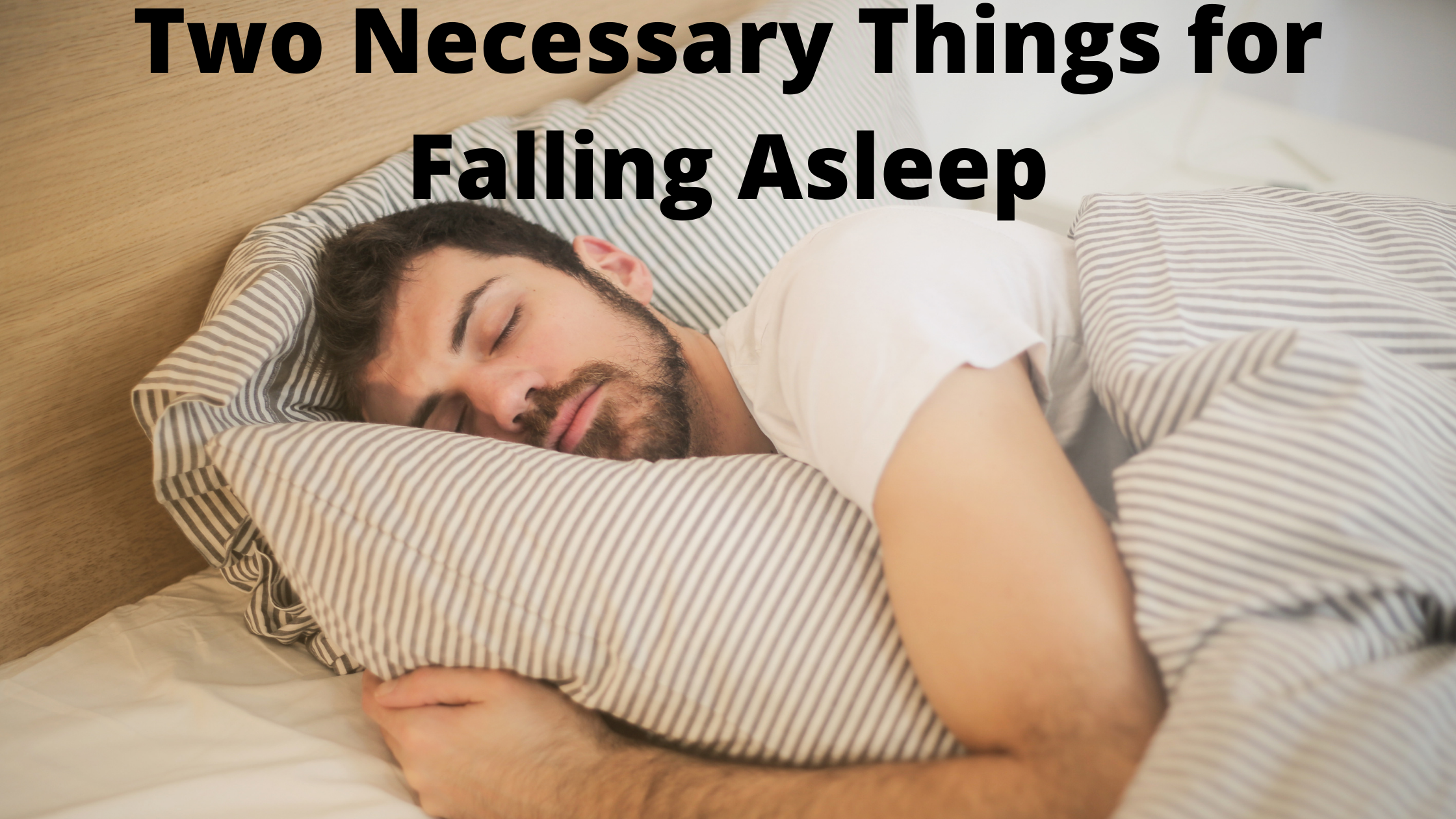When you lie down to go to sleep at night, sometimes it's not as easy as shutting off your devices, flipping on your stomach and going to sleep. There are actually two patterns that your body and brain must register for you to go to sleep, and they both have to time up to each other so they arrive at the same time. By having these two things, you may be able to improve your ability to go to sleep faster and stay asleep.
A systems view of sleep
Sleep is a critical part of life. Without it, there are many other parts of our life that will not function correctly. However, sleep may be more of a spiritual practice or an art and less of a science. You cannot account for all the factors in sleep, and even if you control the environmental factors, there are still others that may get in the way like health, work or family. Regardless of these other factors, the only thing you really need to get a good night's sleep is understand that natural brain rhythms and following them to sleep better.
Sleep is not a linear process that occurs when we lay down and close our eyes. It's a bit more complex and involves understanding the brain has two states: awake and sleep. The brain fluidly shifts towards one or the other at any given moment. So, there must be a critical point that is reached for the brain to fully transition into one state over the other. By viewing sleep at this complex system, you may be able to understand your brain a bit better for good sleep.
Factor #1: Sleep pressure
Sleep pressure, or the urge or to sleep increases the further away from sleep that we get. So the farther you are from your last nap or or waking up from a night of sleep, the higher you sleep pressure. Our brains log how much we're sleeping in a 24-hour period, and sleep urge needs to be high in order for us to sleep again. The longer we are awake, the sleepier we get. This factor is necessary for factor #2.
Factor #2: Tipping Point
We can only fall asleep in certain stages of the circadian wave. The internal clock in our brain and every cell in our body track how long we've been doing a particular task. The circadian rhythm runs in about 90-minute cycles, so it's like catching a wave on a surfboard. You have to catch the wave when it's up or lie around waiting for the next to come around. The same is true with sleep. Not only do you have to have a lot of sleep pressure, but you have to attempt to sleep when your body is ready to go to sleep.
Have you ever noticed that sometimes you are super tired, and then when you lay down to take a nap, the nap doesn't want to take you? This is an example of not catching the wave in it's optimal peak.
Don't send mixed signals
The brain is pretty literal, so when it catches on to a pattern, it likes to stick to that pattern without a lot of deviation. So, when you're sending your brain mixed signals and combining wake activities with sleep activities, it has no idea which activity to register.
Working late at night, or eating/working out in the bed are all activities that can confuse your brain. It's used to a certain schedule or environment that matches certain activities, and when you begin to mix the two, it can make it that much more difficult to fall asleep when it's time.
If you have other activities, then try not to do them in your bed. Do them somewhere else that you don't fall asleep. Another rule is to try and fall asleep on your bed. Sometimes we doze off on the couch, but it's best to get up as soon as you feel yourself getting sleepy and head to the bed so you're not mixing your sleep-wake environments and activities.
Another helpful tip is to try and wake up and go to sleep at the same time everyday. When you switch it up on the weekends and stay up late then sleep in, it's really hard for your body to switch back Sunday night for an early Monday morning. Try to get out of bed as soon as you wake up and only lay in the bed right when you're ready to go to bed. If these two activities can happen at the same time, then that will really increase your ability to get some good quality sleep.
If you struggle to get a good night's sleep, then that may be a sign of an underlying disorder. Please click the orange button to take a free online sleep test and talk with one of our sleep health professionals.
https://www.psychologytoday.com/us/blog/being-awake-better/202111/sleep-is-impossible-without-these-2-things


